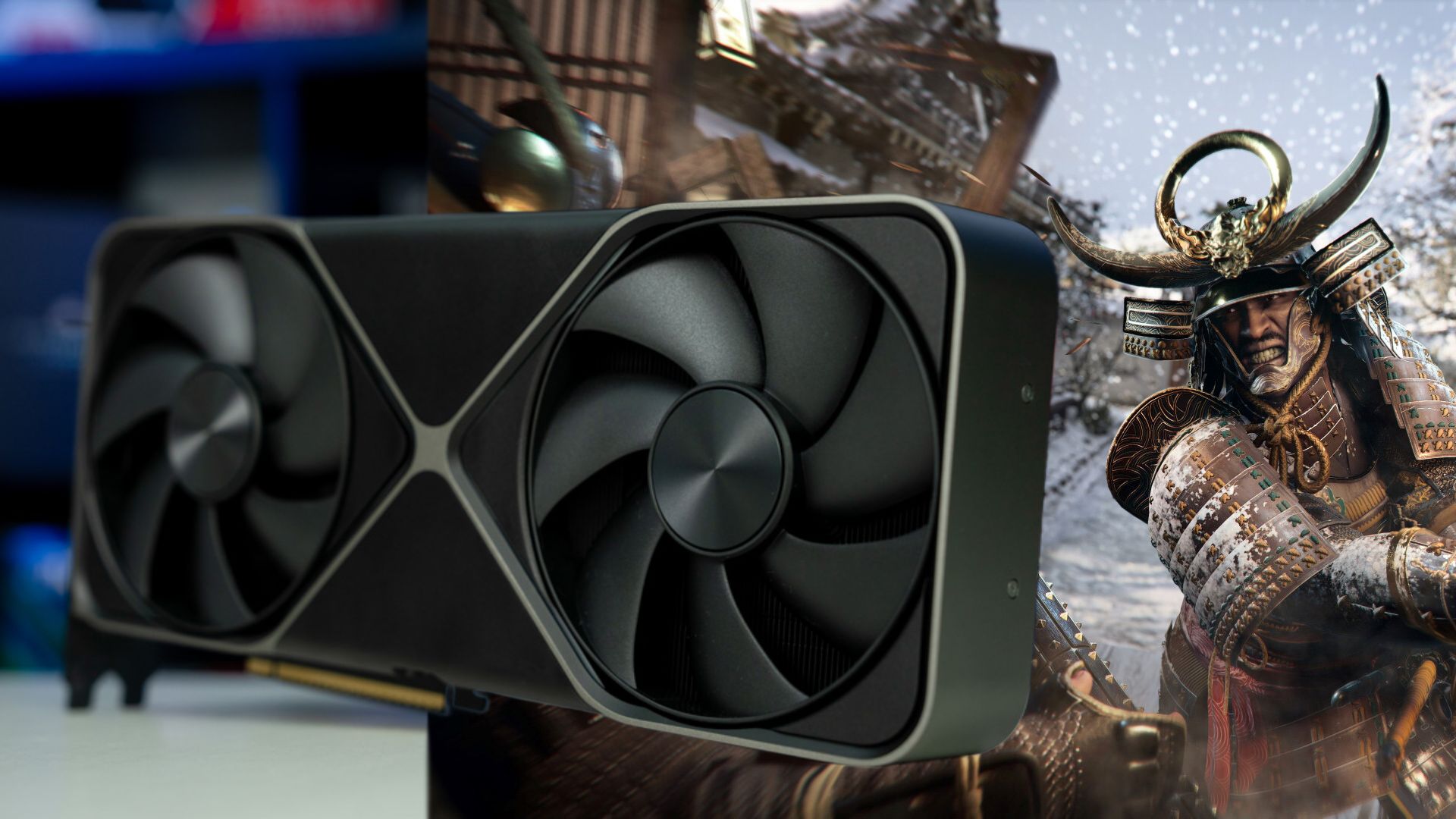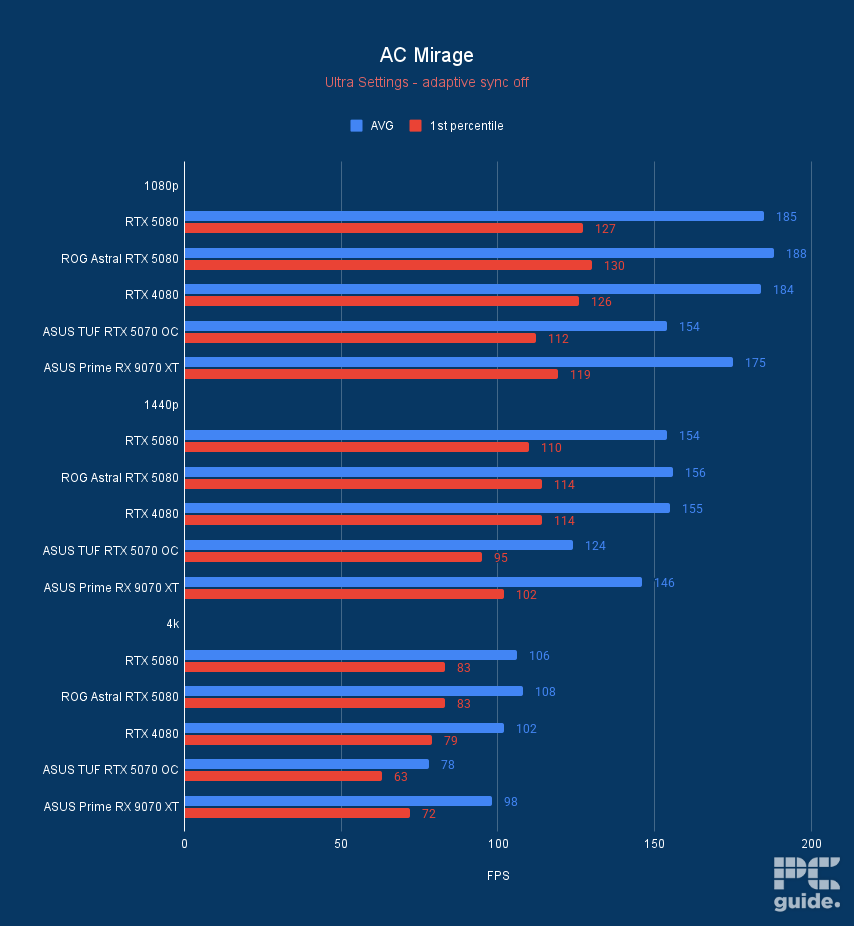Assassin’s Creed Shadows benchmarks on an RTX 5090 point towards poor optimization for Nvidia GPUs

Table of Contents
Assassin’s Creed Shadows arrives on March 20th (or late or the 19th depending on your time zone and platform). You can check when exactly that is in your region on our AC Shadows PC release time page. In any case, let’s move on to talk about the performance of the game. We’ve actually be able to test to early, and we did so on our Steam Deck – to surprisingly decent results.
For desktop users though, it looks like optimization on Nvidia GPUs may be worse than we hoped for. This comes from testing done by DSOG using the RTX 5090 paired with the AMD Ryzen 9 7950X3D.
Assassin’s Creed Shadows tested on RTX 5090
DSOG says that Assassin’s Creed Shadows is “mostly a rasterized game” – what they mean by this is that it isn’t massively reliant on ray tracing by default. That sounds like a great thing for people on lower-end hardware, but it seems that optimization is not up to scratch on Nvidia GPUs, even its high-end offerings. Team Green remains the most popular choice for gamers, by far, as you’ll see in any recent Steam Hardware & Software Survey.
“Strange results” are reported when testing the game at 1080p and 1440p, two resolutions which the flagship Nvidia card should have absolutely no problem with. On the Ultra High preset using DLSS Quality mode, the 5090/790X3D combo only managed an average of 84 FPS at 1080p and 83 FPS at 1440p – you would expect these results to be much further apart when you consider there is over 95% GPU utilization in both of these tests.
To accentuate the problem, the same test was also ran in 720p, where the card also averaged 84 FPS with 96% of the GPU power in use. The lack of jumps in performance between the three resolutions points towards strange optimization issues with the Nvidia card, with DSOG reporting much better performance on AMD equivalents.

DSOG claims that the RX 7900 XTX is as fast as an RTX 4090 in AC Shadows, with the RX 9070 XT going toe-to-toe with the RTX 5080. In most other games, the performance gap between these examples will certainly be more stark. For example, in our in-house tests of the RX 9070 XT in Assassin’s Creed Mirage (the previous entry to the franchise), show the 9070 XT noticeably behind the 5080, albeit by not as much as other games we tested, so this could be a recurring issue in the AC games or Ubisoft’s in-house Anvil engine.

It’s worth noting that DSOG does cover native 4K benchmarks in its testing, but the card fails to average above 100 FPS. On the low settings preset with no ray tracing and no help from DLSS, the game averaged 96 frames per second.
